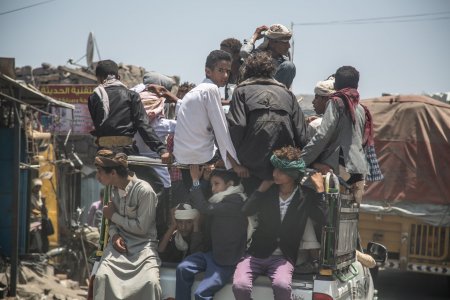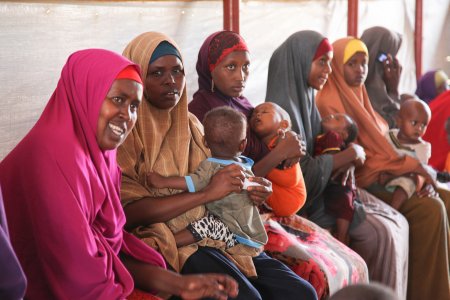 Agnes Varraine-Leca/MSF
Analysis
Agnes Varraine-Leca/MSF
Analysis
Yemen: questions about an aid system
06/20/2019The situation in Yemen is often presented as the world’s worst humanitarian crisis, long ignored by the media, and requiring assistance vital to the survival of almost the entire country. Cholera outbreaks, famine, and destruction are invoked to support that argument. In reality, however, the situation of the country’s 25 to 30 million inhabitants is impossible to know with any accuracy. Nor do we know exactly what is happening in Yemen in terms of aid, although the amount of funding is very large. Noting these diagnoses and its field teams’ perspective on certain points, Médecins Sans Frontières has launched an effort to better understand this field of action using a quantitative and qualitative approach. A review of aid organisation documents and a series of interviews with aid actors in Yemen – in Houthi areas, in particular – has yielded a number of different conclusions.


